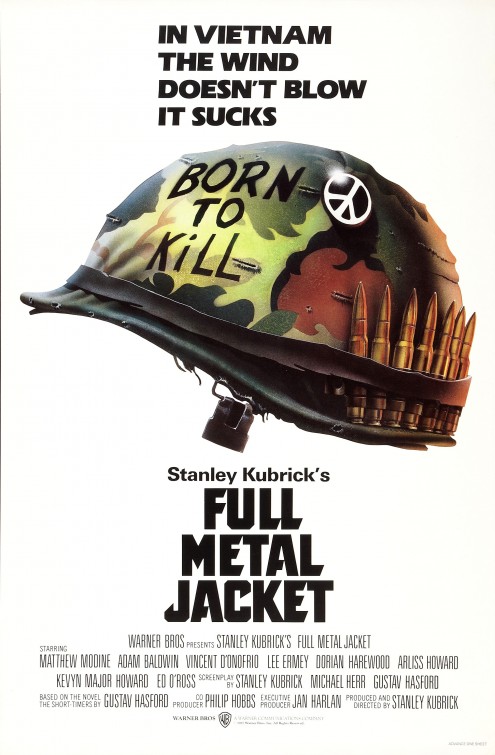Güneşi Gördüm (2009) - dir. Mahsun Kırmızıgül - 4 stars

Kırmızıgül is a singer-turned-director, whose reaping the benefit of his fame in order to exploit to the masses one of Turkey's worst flaws that afflicts not only the Kurdish population but also any group within Turkey whose existence is challanged by societal and feudal traditions. This collective intolerance against "them," which is defined as anyone who is not "us," weaves the fate of the characters in unimaginable tragedy and never-ending gloom. Even though Kırmızıgül dedicates the film to "hope and children," very little of each remains at the end. The string of overly dramatic events forces the film to feel more like a melodrama made for TV rather than a feature length film, but this is mostly caused by content that could easily be extended into three self-standing films of the same length. Regardless, these stories make sense together and support Kırmızıgül's overall message, which is noble and welcome as it encompasses all groups, not just Kurds.
His latest film, Güneşi Gördüm (I Saw the Sun), depicts the journey of two Kurdish families when the Turkish army forces them to move from their home in eastern Turkey. One family decides to move to Istanbul, whereas another tries to immigrate to Norway illegally. The contrast between the two families' fates tell a lot about the differences between the state establishments in Turkey and in Europe. Most of the political message lies in the fact that in Turkey, people work for the state with no promises at the end, whereas in Europe, the state works for the people. The extensions of this claim can be found in every single shot of mysery that afflicts the family in Istanbul. As if this story wasn't already enough, the film also maintains a heavy-handed depiction of queer issues within an Islamic and feudal understanding of masculinity and honour. Even though its inclusion of queer issues is welcome and sensible within the framework of the film's message, its treatment of the subject is very traditional and unforgiving. Not much fresh air there...
As for criticism of the film, its depiction of Europe as a united, all-loving continent is slighly misguided. Europe is not the all-peaceful and understanding society that the film promises to be. There are many religious and ethnic disputes in Europe as well. In the UK, many British families opposed the construction of a mosque in east London saying that Britain's culture is Christian and cannot be Islamified. Ethnic issues still persist in Spain with the Basque and the Catalan groups. France still denies citizenship to most Muslims if they're wearing the hicab and don't speak French. So remnants of the same nationalism that has its hold in Turkey lurks in Europe as well, maybe not to the point it does in Turkey.
All in all, it's obvious that this is Kırmızıgül's attempt to introduce the tolerance and acceptance necessary for all people in Turkey to live side-by-side without causing any grief to each other. As long as people realize that their approach to others define their own fates, this film should be a success in social and political terms, not just in box office revenue where it's sure to be a hit.


 Most films are about ordinary people in extraordinary circumstances. On the surface, David Fincher's film appears to be the exact opposite of this formula whereby it tells the story of an extraordinary person in ordinary circumstances. Benjamin Button, born as an old man, is destined to grow younger as he lives his life. His curious ailment leads to a curious look on life, people and their ambitions. Even though the film may seem to be only about this central character, it is all the more so about the ordinary people that Button meets and changes forever throughout his life.
Most films are about ordinary people in extraordinary circumstances. On the surface, David Fincher's film appears to be the exact opposite of this formula whereby it tells the story of an extraordinary person in ordinary circumstances. Benjamin Button, born as an old man, is destined to grow younger as he lives his life. His curious ailment leads to a curious look on life, people and their ambitions. Even though the film may seem to be only about this central character, it is all the more so about the ordinary people that Button meets and changes forever throughout his life. ugust: Osage County
ugust: Osage County